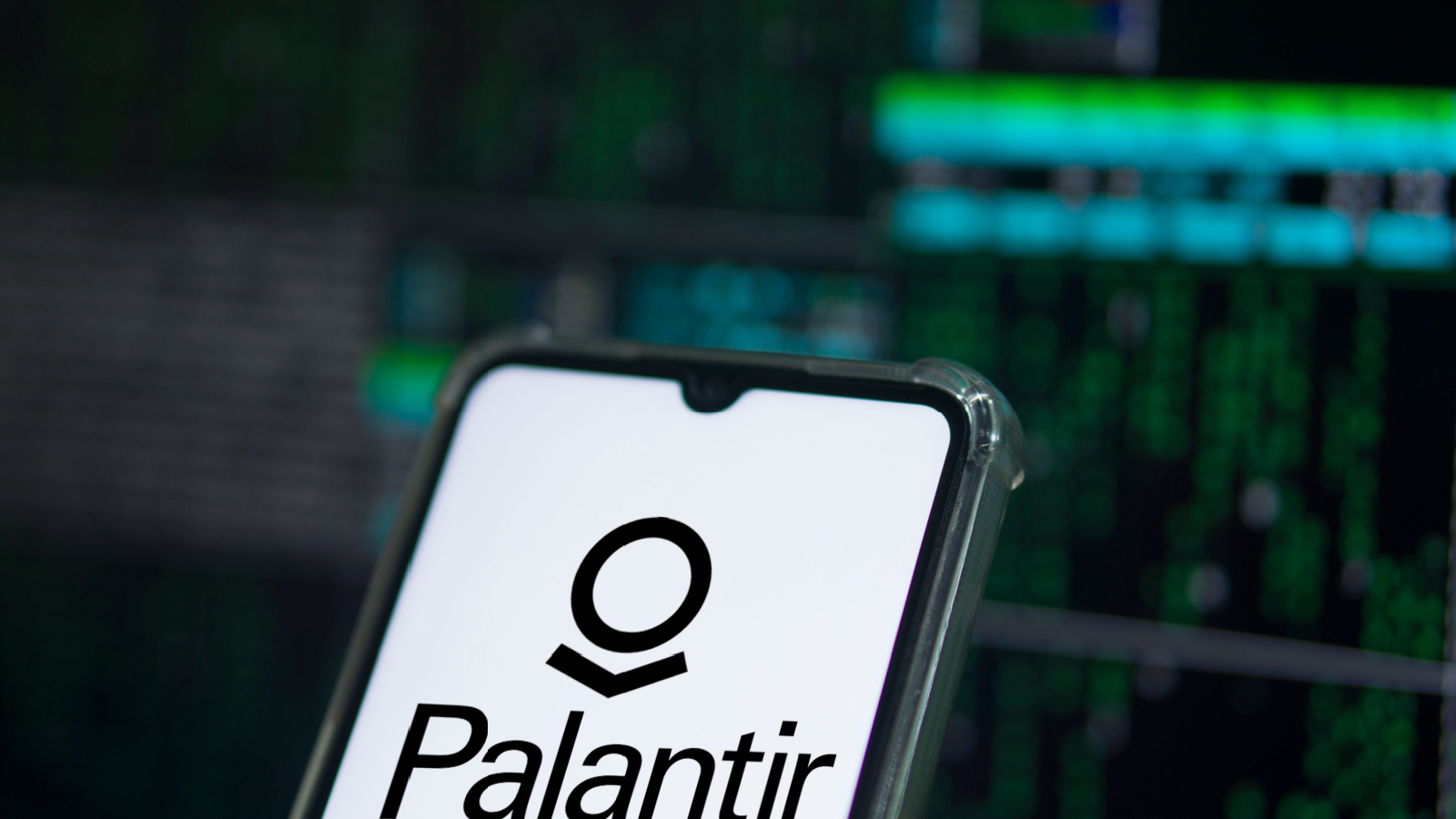Palantir Technologies (NYSE:PLTR) initially focused on serving the defense and intelligence sectors but has since expanded its customer base to include various industries such as healthcare, energy, and finance. PLTR stock provides AI and ML-based data analytics tool for a number of businesses.
While Peter Thiel’s company has certainly made impressive strides to improve profitability and has, most notably, rolled out a new AI platform rolled out last year, the market is likely overvaluing the company’s stock, which has risen more than 217%. Sure, Palantir’s AI platform has gained some traction but not enough to justify the data analytics firm’s lofty valuation. Below are 3 reasons why investors should continue to be cautious about buying Palantir’s shares.
AI Platform accelerates but should not be overblown
In the latter half of 2023, PLTR stock released AIP. Subsequently, during the company’s Q3 results, overall revenue increased 17% to $558 million, from $478 million a year earlier. However, most notably, Palantir’s “U.S. Commercial business segment,” increased revenue figures by 37% on a year-over-basis driven by demand for Palantir’s Artificial Intelligence Platform. The data analytics firm’s AIP can deploy commercial and open-source large language models onto internally held data sets and, from there, recommend business processes and actions.
In their fourth quarter report, CEO Alex Karp noted there was strong demand for AIP. The company completed 600 pilot tests in 2023. Nevertheless, it’s important to note the AI Platform is still very much in its testing phase, and while growth in the amount of pilot tests conducted is an indicator of customer interest, it’s still hard to predict how much future revenue the data analytics firm will garner from this product.
Stock-based compensation is disconcertingly high
Let’s now dive deeper into Palantir’s financial statements. One key line-item that should stick out to any investor is the company’s “stock-based compensation” (SBC) expense. In the company’s fiscal year 2023 SEC filing 10K, the expense came in at $476 million dollars, which happened to be more than 21% of revenue. In fiscal year 2022, SBC stood at more than 25% of revenue.
A high SBC brings about an important debate on the company’s overall profitability. For non-GAAP measures of gross profit, EBITDA, and net income, Palantir likes to add back SBC, which has the tendency to inflate the company’s profitability as a whole.
Palantir’s valuation remains stretched
Palantir’s remarkable rally in 2023 and in 2024 has led to a subsequent rise in equity valuation. The data analytics company’s shares have risen 45% on a year-to-date basis. As a result, PLTR stock is trading at 76.4x forward earnings.
Because a lot of PLTR’s valuation has been inflated by AI speculation, it’s hard to not compare to a stock like Nvidia (NASDAQ:NVDA), which has not only benefitted from the same AI craze but is a crucial component to the world of AI as we know it. Nvidia is trading at 33.5x forward earnings, well below that of Palantir’s. This, coupled with the fact the Palantir reports a significant amount of SBC in its financial statements, should make investors pause and be cautious about where PLTR’s valuation is trading.
On the date of publication, Tyrik Torres did not hold (either directly or indirectly) any positions in the securities mentioned in this article. The opinions expressed in this article are those of the writer, subject to the InvestorPlace.com Publishing Guidelines.
